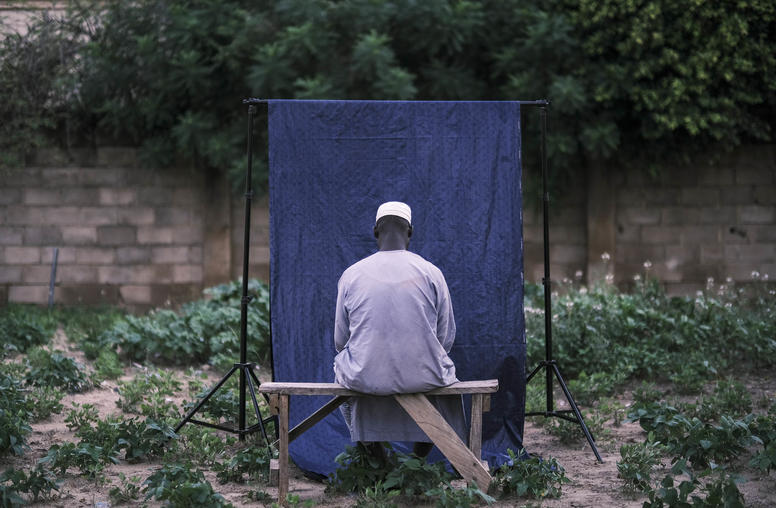A Conversation with Nigerian President Muhammadu Buhari
Reflections on the State of Democracy in Nigeria
Read the event coverageNigeria’s Electoral Act of 2022 has set the stage for elections this coming February that could either strengthen or set back its democracy. This new electoral framework — combined with an energized electorate and a competitive race — present an opportunity for a free and fair process that ushers in a democratic renewal for the country. But growing insecurity, disinformation and political exclusion remain a threat to this process, underscoring the urgency of providing Nigeria’s election administration authority with the domestic and international political backing it needs to ensure its own independence from politics, as well as the safety and credibility of the coming polls.
And as the largest democracy in Africa, the regional stakes of Nigeria’s upcoming elections are just as high. Peaceful and credible elections would go far in shaping not only the democratic trajectory of Nigeria, but the entire African continent. Current Nigerian President Muhammadu Buhari has made this issue a priority as he approaches the end of his second and final term in office, affirming his desire to not just sustain Nigeria’s longest period of uninterrupted democracy at the polls this February, but to see it revitalized.
On December 16, USIP, the National Democratic Institute, the International Republican Institute, the National Endowment for Democracy, and the International Foundation for Electoral Systems held an in-person conversation with President Muhammadu Buhari of Nigeria. The discussion reflected on the legacy of his administration, his leadership in bringing the Electoral Act of 2022 into fruition and his promise to leave a legacy of credible elections in which the Nigerian people will be free to choose their leaders.
Continue the conversation on Twitter using #BuhariDC.
Speakers
Lise Grande, opening remarks
President and CEO, U.S. Institute of Peace
His Excellency Muhammadu Buhari
President of Nigeria
Ambassador Johnnie Carson, moderator
Senior Advisor, U.S. Institute of Peace



